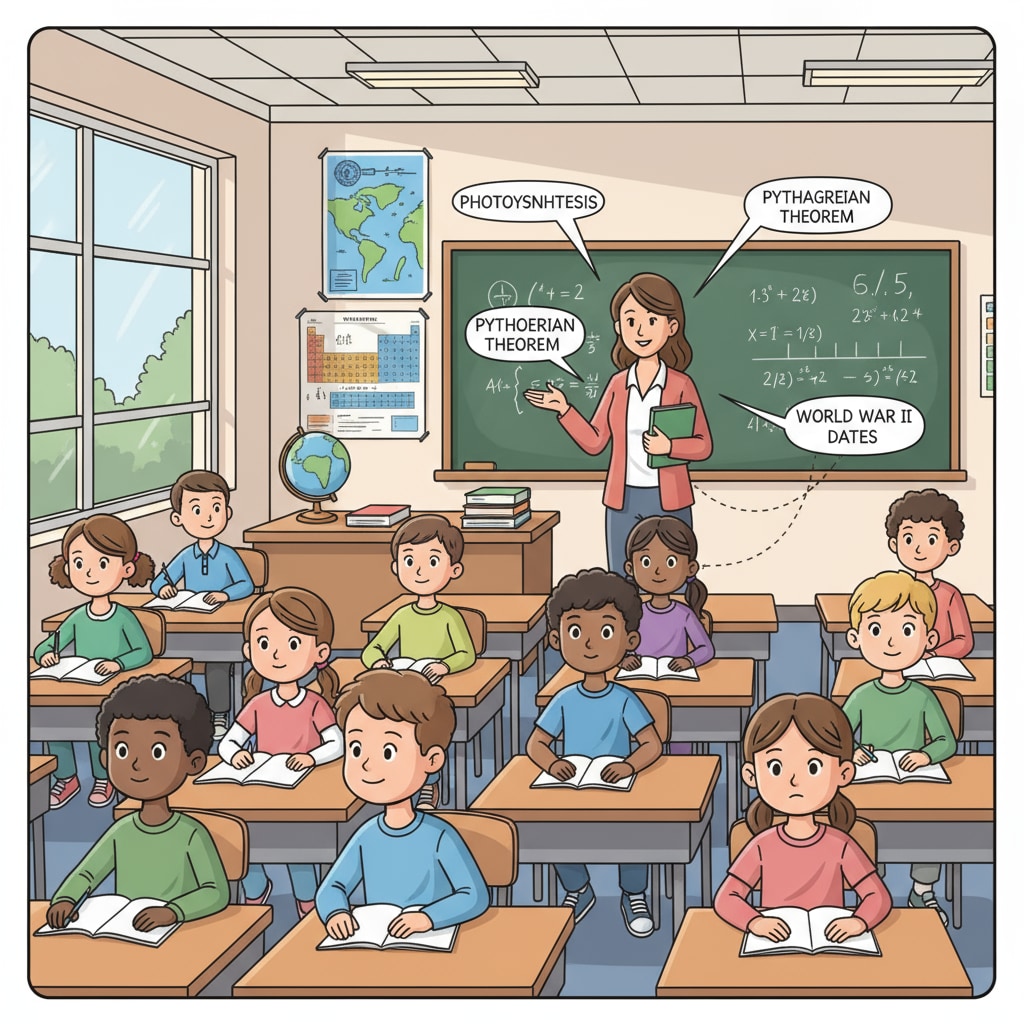In the realm of K12 education, the issues of lectures, attention, and time management are of utmost importance. Students often find themselves in a quandary when it comes to allocating time between attending lectures and engaging in self-directed learning. This article aims to shed light on this complex issue and provide practical solutions.

The Value of Structured Classroom Learning
Structured classroom learning, mainly through lectures, offers numerous benefits. Firstly, it provides a systematic framework for knowledge acquisition. Teachers, as experienced educators, organize information in a logical manner, making it easier for students to understand complex concepts. For example, in a science lecture, the teacher might start from basic principles and gradually build up to more advanced theories. This step-by-step approach helps students lay a solid foundation. Secondly, lectures foster immediate interaction. Students can ask questions on the spot, clarify doubts, and engage in discussions with their peers and teachers. This real-time interaction not only deepens their understanding but also enhances their communication skills. According to Wikipedia’s Education page, classroom interaction is a vital part of the learning process.
The Significance of Personal Time Management
Effective time management is essential for students to make the most of their learning opportunities. With a busy schedule filled with various subjects and extracurricular activities, students need to allocate time wisely. By managing their time well, they can ensure that they have enough time for both in-class learning and independent study. For instance, setting aside specific time slots for reviewing lecture materials, doing homework, and engaging in self-study can greatly improve learning efficiency. Moreover, proper time management helps reduce stress. When students have a well-planned schedule, they are less likely to feel overwhelmed by the workload. As stated on Britannica’s Education topic page, time management skills are crucial for academic success.

In addition to these, maintaining attention during lectures is a challenge that many students face. Distractions, such as smartphones or daydreaming, can easily disrupt the learning process. To overcome this, students can adopt strategies like active listening, taking notes, and sitting in a position where they can focus better. By being more engaged, they can absorb more information from the lectures.
In conclusion, finding the right balance between lectures, attention, and time management is the key to success in K12 education. Students should recognize the value of structured classroom learning while also mastering the art of personal time management. By doing so, they can enhance their learning experience and achieve better academic results.
Readability guidance: Use short paragraphs and lists to summarize key points; provide a list under each H2 whenever possible; control the proportion of passive voice and long sentences; incorporate transition words (however/therefore/in addition/for example/as a result, etc.) throughout the text.


